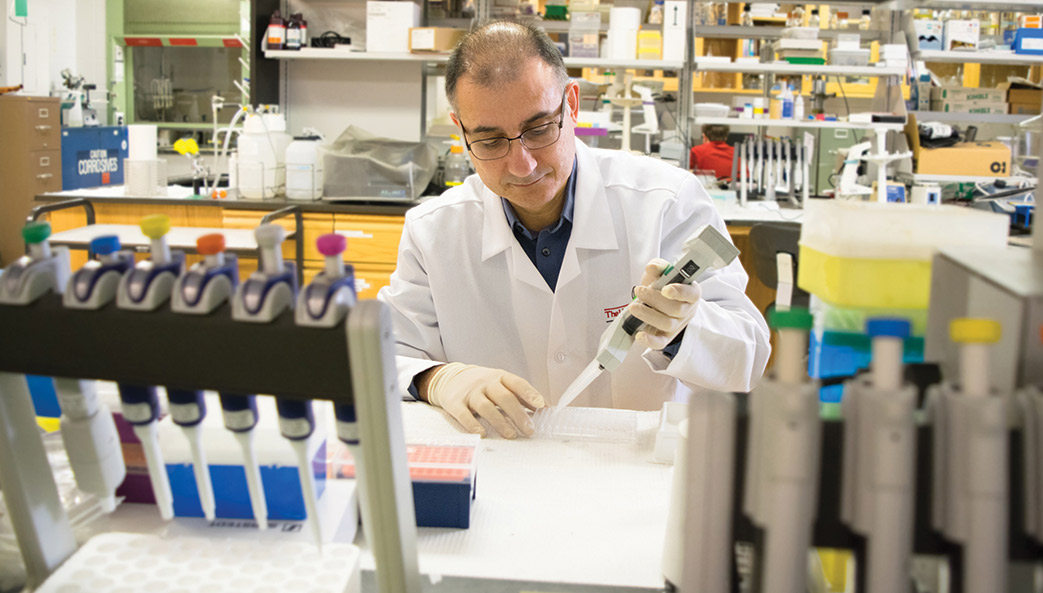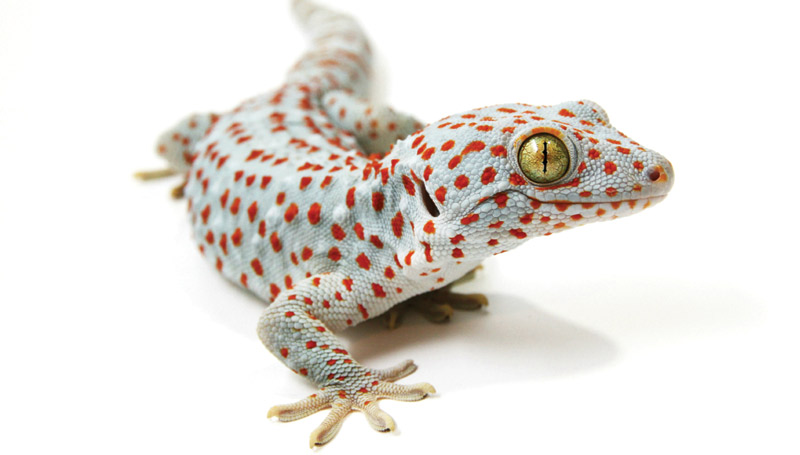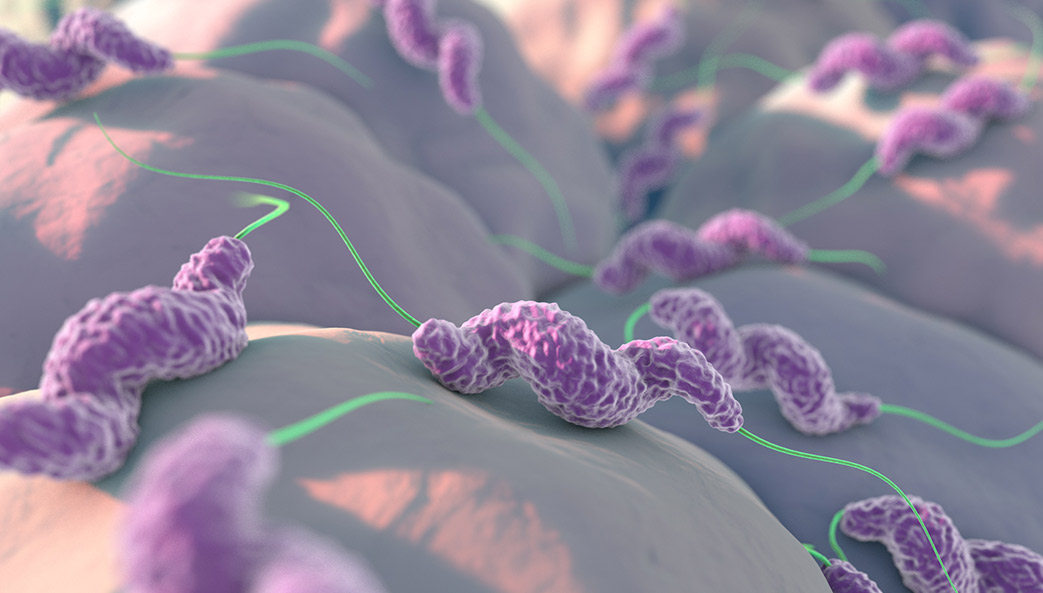An estimated 25 percent of the 700,000 troops who engaged in the fierce battles of Operation Desert Storm and related Gulf War combat during 1990-–91 are fighting a different, but relentless foe: Gulf War illness.
“Substantial cognitive, learning and motor deficits are among the most profound and debilitating effects of Gulf War illness,” said Nick Filipov, associate professor in the department of physiology and pharmacology in UGA’s College of Veterinary Medicine. Other symptoms include extensive pain, headache, fatigue, breathing problems, gastrointestinal issues and skin abnormalities.
While there is some debate on causes of Gulf War illness, research indicates that soldiers participating in the war experienced unprecedented exposures to pesticides, nerve agents and other chemicals, which combined with the stresses of war, are likely to blame for the illness.
To make matters worse, “veterans with Gulf War illness are growing older, so the cognitive symptoms will be amplified,” said Filipov.
With a $750,000 grant from the U.S. Department of Defense, Filipov and colleagues are testing a treatment that may allow these veterans to fight back.
“There’s increasing evidence that the immune system is dysfunctional in the veterans with Gulf War illness,” said Filipov, who studies neurological diseases with ties to environmental contaminants.
The researchers will administer a novel sugar-based molecule to mice with exposures similar to those of veterans with Gulf War illness. This molecule has already been tested in a disease model for multiple sclerosis. The investigators expect to reduce Gulf War illness-associated cognitive decline by restoring the immune system and mitigating brain inflammation.
The study will look at two established models of Gulf War illness. The first involves timed exposures to a pesticide and the anti-nerve gas medication given to Gulf troops. The second model also incorporates exposure to a nerve gas surrogate, the chemical insect repellent DEET, and to stress.
The researchers will assess the treatment’s effectiveness in improving brain function and restoring the immune system through behavioral, cellular and molecular testing. Results are expected in about two years.






